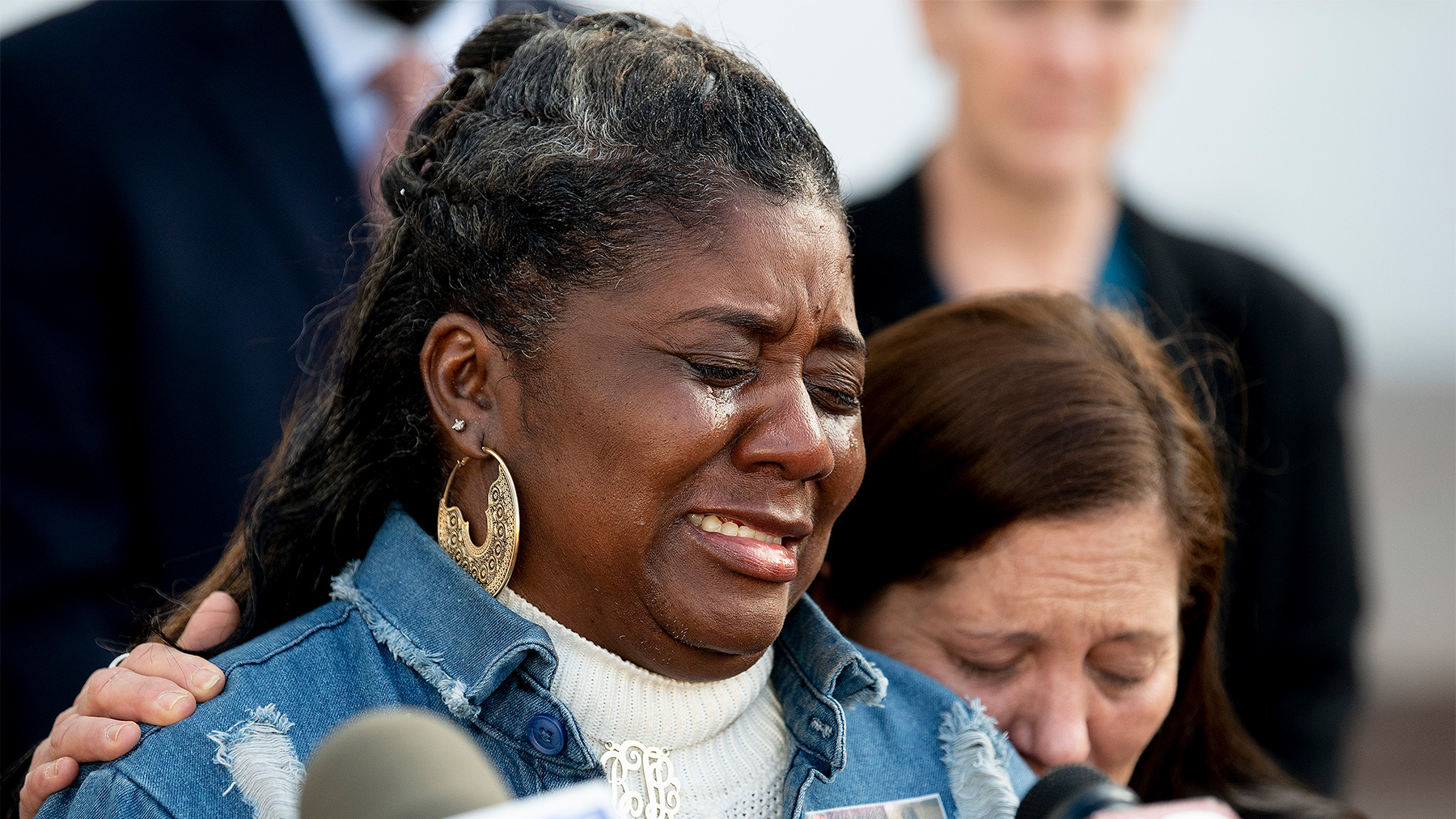In another stunning rebuke of Alabama’s prison system, a federal judge ruled today that the Alabama Department of Corrections (ADOC) violated the Eighth Amendment and that it was “deliberately indifferent” in its failure to adequately monitor the mental health of incarcerated people in solitary confinement.
The ruling was the latest development in the lawsuit, Braggs v. Dunn, that the SPLC and the Alabama Disabilities Advocacy Program (ADAP) filed in June 2014.
In today’s 66-page decision, the judge ruled that ADOC’s liability can extend to incarcerated people “without mental-health needs” before they enter solitary confinement and whose mental health deteriorates in segregation, noting that ADOC “disregarded that harm” or failed to “act reasonably to alleviate it.”
“It has been evident for years that ADOC has failed to identify, monitor, and properly care for people who have serious mental illnesses and who develop them in ADOC custody,” said Maria Morris, senior supervising attorney at the SPLC. “That systematic failure has led to needless suffering, especially for people in segregation. We are sorry ADOC didn’t do anything to remedy the situation during the last year and a half, as hundreds or thousands of men and women suffered in ADOC segregation units, and ultimately as 13 people took their own lives. We look forward to addressing the remedy with ADOC as soon as possible.”
In June 2017, U.S. District Judge Myron H. Thompson declared the mental health system in Alabama prisons to be “horrendously inadequate,” an unconstitutional failure that led to what Thompson called a “skyrocketing suicide rate” among incarcerated people. Thompson’s ruling at that time followed a two-month trial in the SPLC’s ongoing lawsuit against ADOC.
In today’s ruling, Thompson ordered that ADOC and lawyers representing incarcerated people with mental health issues must – after meeting with each other to reach an agreement – file a joint report on Feb. 18, detailing how they will grant relief to the plaintiffs.
Also in today’s ruling, Thompson said, “The psychological harms of isolation can affect anyone subjected to segregation, including those who were not previously mentally ill.”
The ruling also stated, “[I]n light of the significant number of wholly unanticipated suicides in ADOC segregation units, by individuals who were not on the mental-health caseload, defendants’ contention that ‘the system works’ is astonishing.”
Last week, the SPLC called on the Alabama Legislature and Gov. Kay Ivey to address the crisis in Alabama’s prison system after a thirteenth person committed suicide in a period of 14 months in the state’s prison system.
In his 302-page ruling in 2017, the judge found ADOC to be in violation of the Constitution’s prohibition of cruel and unusual punishment, a violation of the Eighth Amendment. The judge found that “persistent and severe shortages” of mental health care staff contributed to the prison system’s constitutional violations.
Today’s ruling concludes the findings from the original liability opinion.



